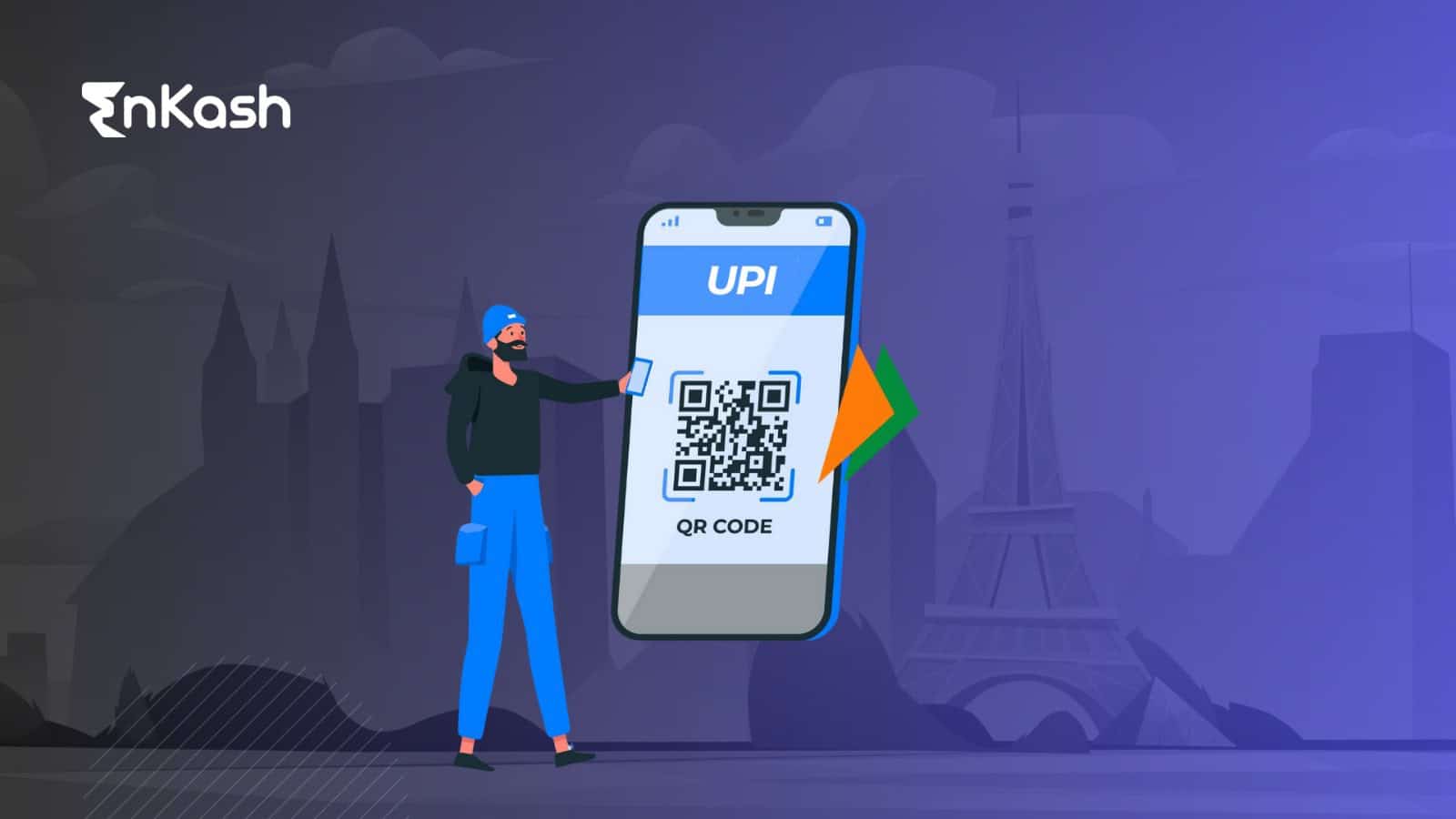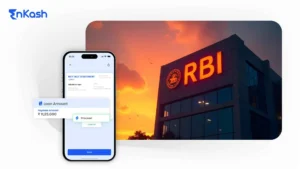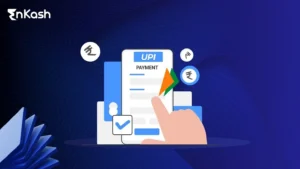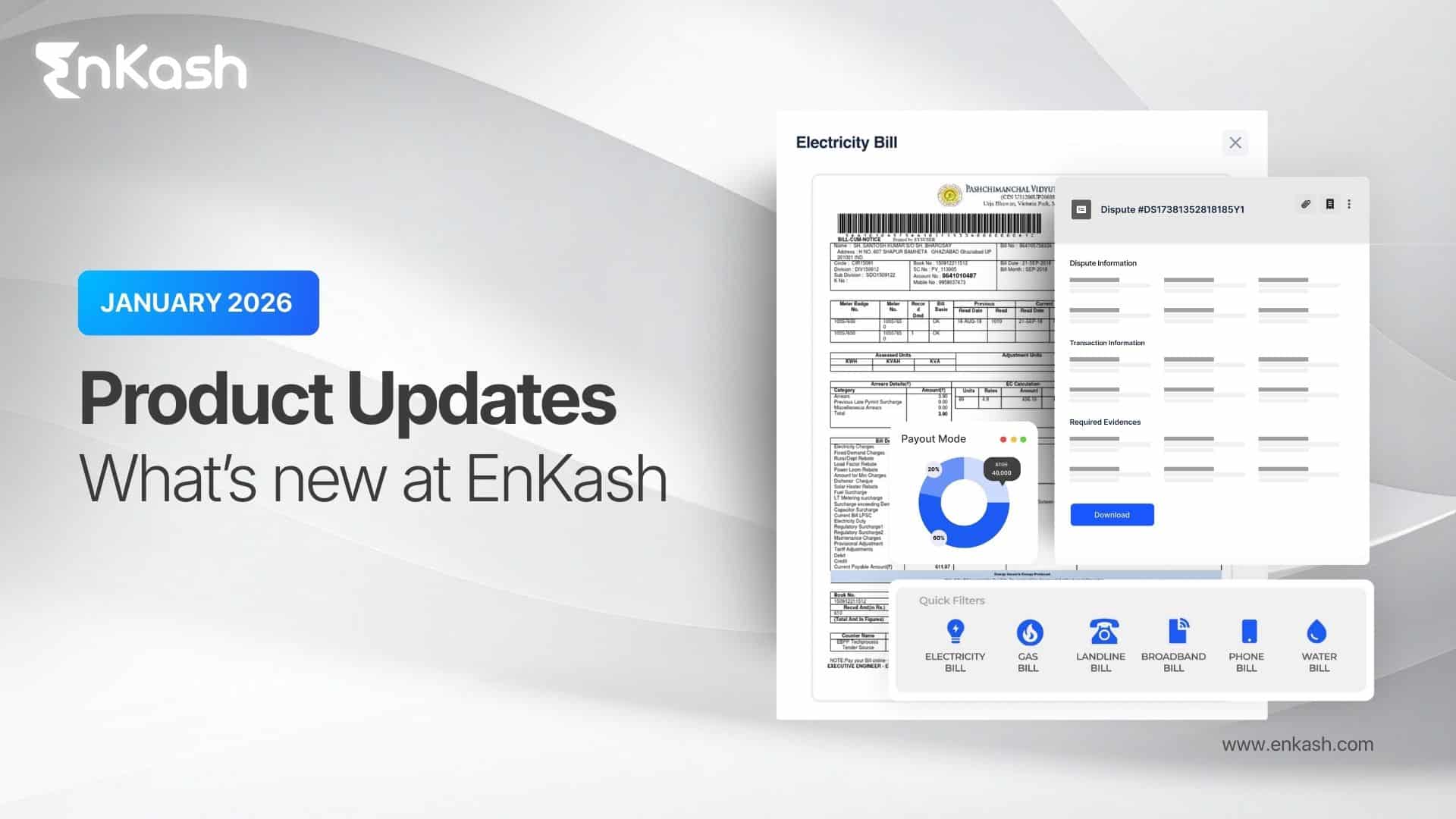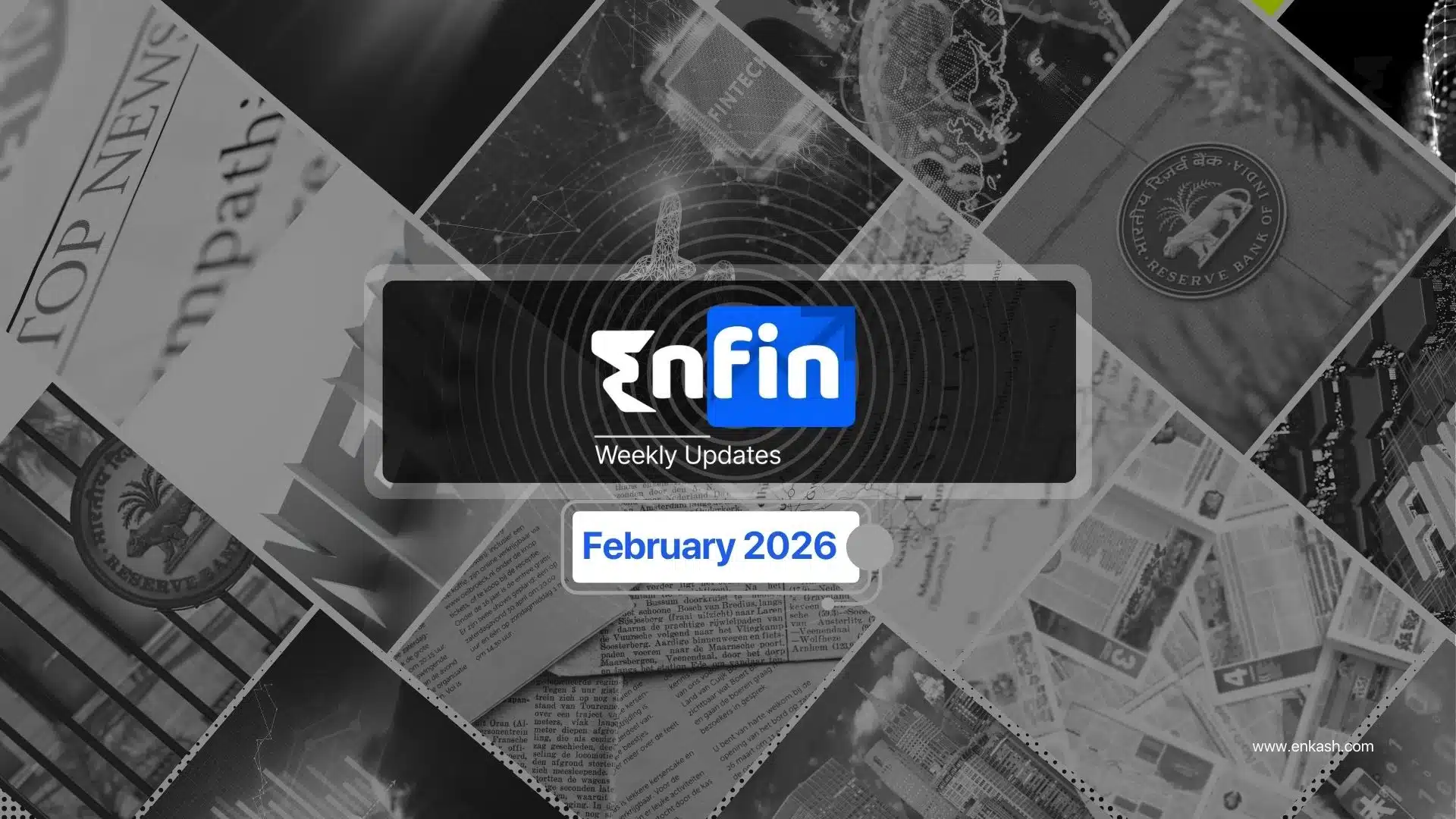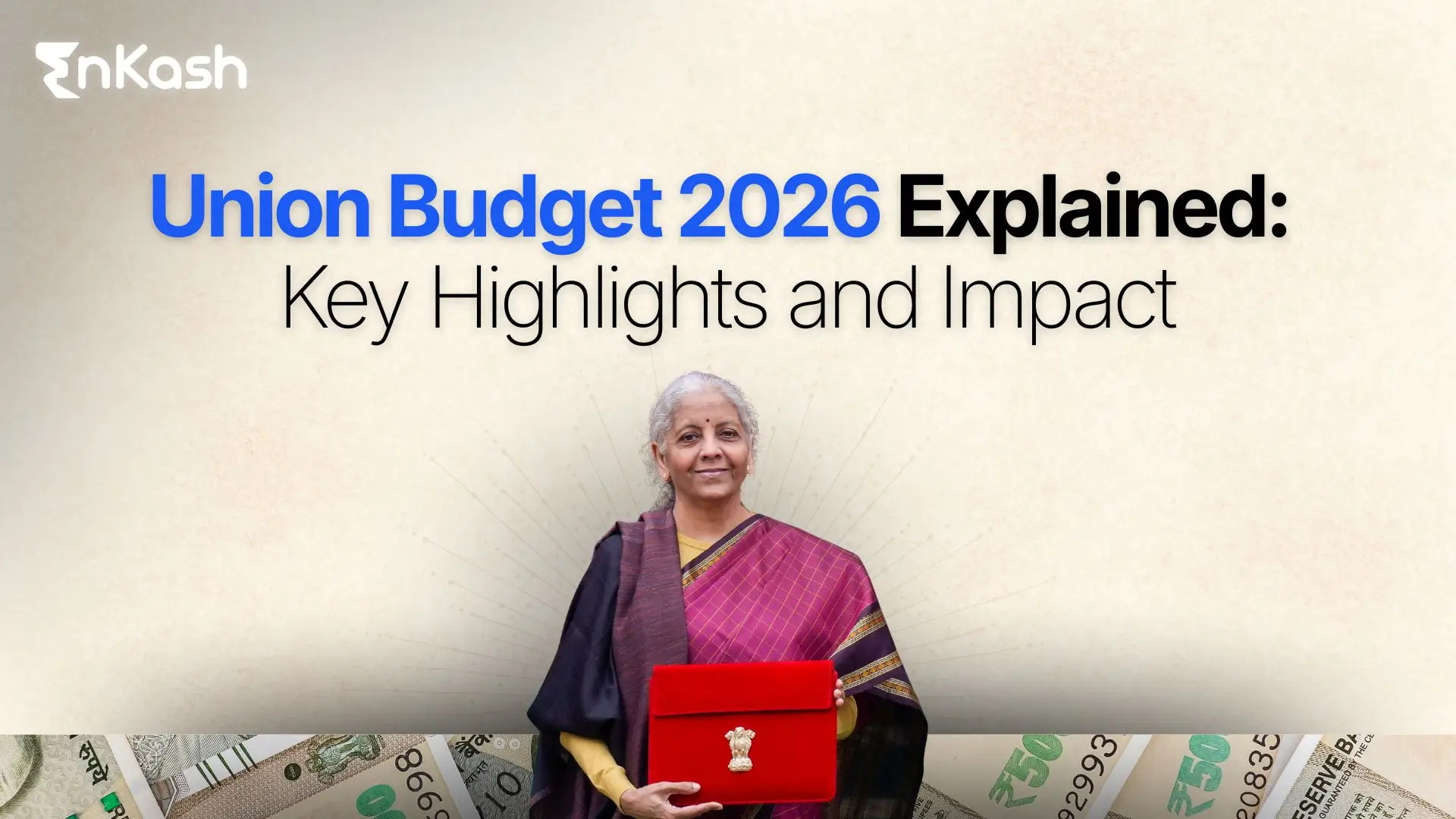The revolutionary Indian instant payment system, Unified Payments Interface (UPI) launched in 2016 by the National Payments Corporation of India (NPCI) is revolutionizing the global payment system. On February 2nd, it marked its debut at the iconic Eiffel Tower in France.
The partnership between NPCI International Payments (NIPL) and Lyra Network, a French commerce and proximity payments company in France, with expertise in pay tech solutions has facilitated UPI payments in France. Indian tourists will be able to make payments in rupees in the country.
UPI has changed the way of making and receiving payments over the years in India by powering multiple bank accounts into a single mobile application. It enables various banking features like seamless fund routing and merchant payment on a single platform.
The payment system allows a customer to have multiple virtual addresses for multiple accounts in various banks. The customer is identified with an email-like virtual address ensuring data privacy.
India and France’s Relationship
India and France have enjoyed a close friendship ever since their diplomatic tie-up in 1948. This was further elevated to a strategic partnership in 1998 which was the first time France was collaborating outside the EU. This partnership has proved to be rewarding for both countries over the years.
In 2019, when the PM of India visited France, a roadmap for Cyber Security and Digital Technology advancement was established. This was further sealed in July of 2023 with the agreement between India and France to use the UPI payment mechanism.
This year, Emmanuel Macron, the French President visited India as the Chief Guest for the 75th Republic Day celebrations. The PM of India explained the workings of UPI to Macron on their visit to a local shop.
The operationalization of UPI in France from this year onwards marks a milestone in the digital payments space globally. This advancement is driven by the vision to make UPI global.
What holds for UPI in the future?
The first country to adopt UPI for its QR deployment happens to be Bhutan, followed by Nepal, Oman, UAE, Singapore, Sri Lanka, Malaysia, and now France. The future seems to be bright for UPI as many other countries are expected to follow suit.
In one of the reports from PwC, it is estimated that UPI will record 1 billion transactions per day in the FY 2026–2027. Moreover, UPI will amount to almost 90% of the total transactional volume in retail digital payments in the next five years, with its adoption expanded to rural areas and tier 3 and 4 cities.
The upcoming global reputation of UPI can give tough competition to global payment giants like Visa and Mastercard.
Digital payments in B2C
Digital payments in India like UPI have drastically changed the payment scenario in India making it easier for businesses and consumers across various industries. Everything ranging from online shopping to bill payments, digital payment methods have taken the forefront eliminating the need for cash.
These quick payments are accessible, flexible, and can seamlessly integrate with online platforms, and mobile devices making it convenient on the go. These digital payments are secure as they have advanced security features like encryption and two-factor authentication.
The advent of contactless payment methods and security with regulatory checks in place have given confidence to the user to undertake transactions involving digital payments.
Gaining digital confidence and ease of use from B2C, businesses have also started the use of digital payments in their business transactions for vendor payments and utility bill payments.
Digital payments have benefitted businesses by enabling fast transactions, and cost savings, without compromising on accuracy.
These digital payments can be easily integrated with business accounting softwares with the help of APIs which can help in data exchange for vendor invoices, bill payments, and collections. EnKash’s Olympus is one such efficient product that lets businesses make payments and ease collections from customers with an embedded payment link. It enables the reconciliation of data for audit and accounting purposes.
Businesses can manage their invoices, financial workflows, processing, and reporting with the help of accounting softwares.
The B2B payments space is bound to experience a huge leap in terms of automation and digital advancement in the times to come.

